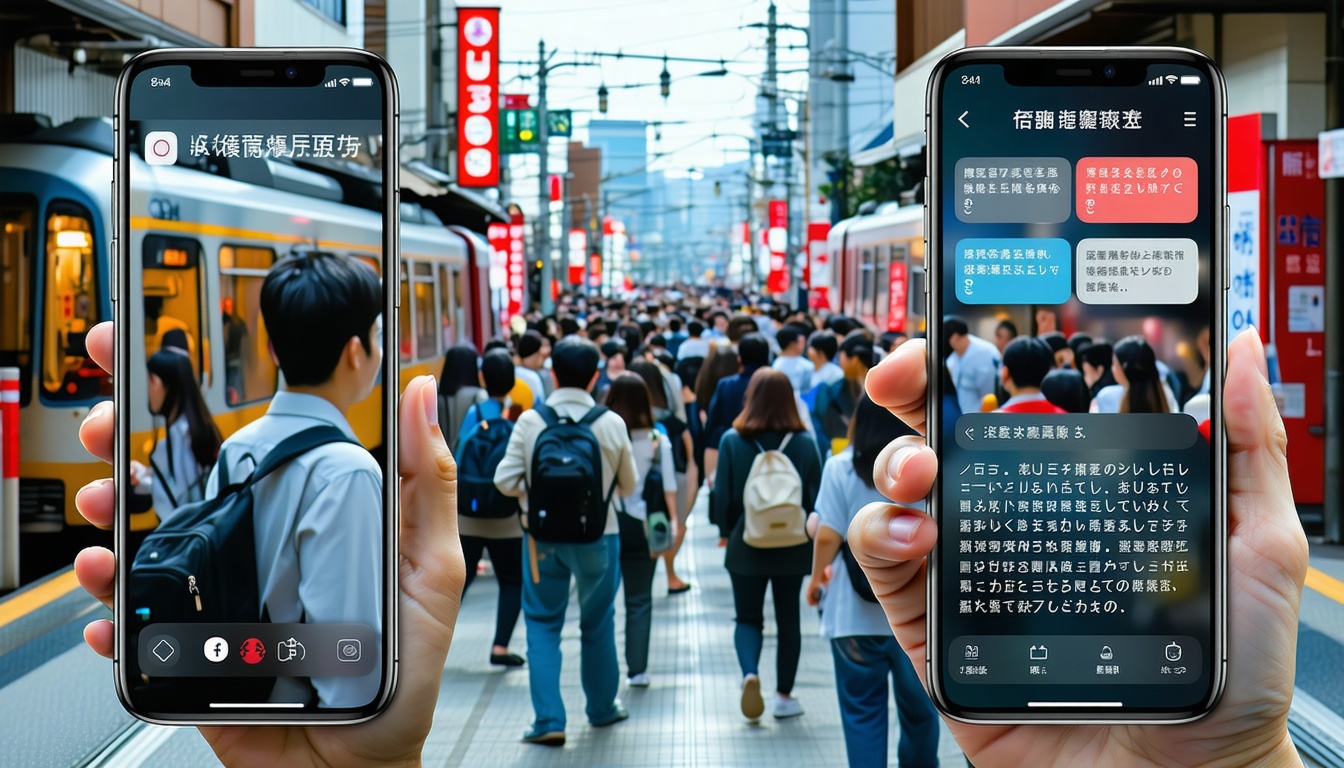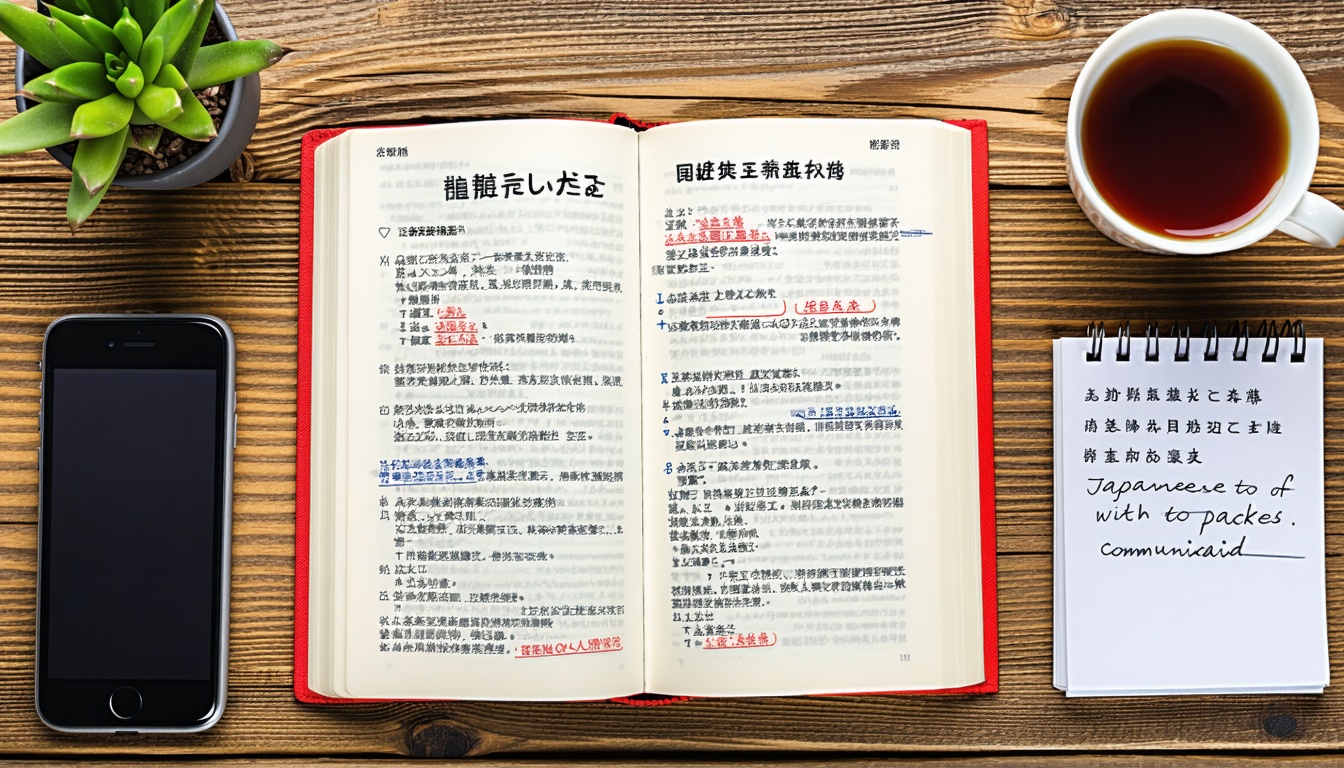Quick Japanese Emergency Phrases for Stress-Free Travel

Picture this – you’re wandering through the neon streets of Shibuya at midnight when your friend twists an ankle. You need help fast but you don’t know the words. That’s where this ultimate guide to japanese emergency phrases comes in. In just a few minutes, you’ll pick up must-know sentences for calling an ambulance, asking where shelters are, or reporting a lost wallet. By the end, you’ll feel confident dialing for an ambulance, summoning the police, and handling common mishaps like a local.
Understand emergency numbers
Knowing which number to dial is step one. Japan separates police from medical and fire services. Here’s the quick rundown:
Number Service Phrase (English) Romanji
119 Ambulance, fire “Call an ambulance, please” Kyūkyūsha o yonde kudasai
110 Police “Call the police, please” Keisatsu o yonde kudasai
Steps for dialing 119 (ambulance/fire):
-
Pick up any phone and dial 119.
-
State the type of emergency – say “Kega desu” (I’m injured) or “Byōki desu” (I’m ill).
-
Provide your exact location – “Watashi no basho wa [address] desu.”
-
Follow the operator’s instructions and wait by a landmark or building entrance.
The process takes about five minutes on average (Coto Japanese Academy). Keep your mobile charged and know your hotel address in Japanese to speed things up. For more transport terms, check out our japanese transportation vocabulary.
Learn distress phrases
When you’re in a jam, a simple shout can save time. Memorize these core calls for help:
Tasukete! (助けて!)
“Help!” – your all-purpose distress word (Word Hippo).
Yamete kudasai (やめてください)
“Please stop.” Great for unwanted approaches or scams.
Nani ga okotte imasu ka? (何が起こっていますか?)
“What is happening?” Use it to ask bystanders for info (Live Japan).
Hinansho wa doko desu ka? (避難所はどこですか?)
“Where is a shelter?” Essential during quakes or typhoons (Live Japan).
A loud, clear shout of “Tasukete!” can alert nearby locals. Once someone stops, switch to a fuller request like “Tasukete, byōki desu!” (“Help, I’m sick!”).
Call ambulance or police
Here’s your step-by-step when seconds count. Keep this method in mind before you even need it.
-
Dial the right number. For health or fire, choose 119. For a crime or public safety, call 110.
-
Operator answers in Japanese. Greet with “Moshi moshi” (hello) and state “119 onegaishimasu” or “110 onegaishimasu.”
-
When asked, say your emergency type:
-
Kega desu (怪我です) – It’s an injury.
-
Byōki desu (病気です) – It’s an illness.
-
Give your location:
-
Watashi no basho wa [landmark or address] desu.
-
If stuck on a subway, say “Chikatetsu [station name] desu.”
-
Confirm arrival time:
-
Nan-pun de kimasu ka? (何分で来ますか?) – “How many minutes until you arrive?”
-
Usually they’ll say “Go-fun de ie ni tsukimasu” – “We’ll be there in five minutes.”
-
Stay on the line if they ask and head to an obvious meeting spot (a main entrance or ticket gate).
Tip: Speak slowly and clearly. If you’re unsure how to pronounce your hotel or station name, write it down in advance in both English and Japanese. For quick Tokyo travel basics, see our basic japanese phrases tokyo travel.
Describe medical conditions
At the hospital or clinic, these phrases help doctors and nurses understand you fast:
Japanese Romanji English
熱があります Netsu ga arimasu I have a fever
薬をください Kusuri o kudasai Please give me medicine
事故にあいました Jiko ni aimashita I was in an accident
英語を話せますか Eigo o hanasemasu ka Do you speak English?
Why these matter:
-
Fever and medicine requests cover most minor illnesses.
-
“Jiko ni aimashita” warns staff of trauma or broken bones.
-
Asking “Eigo o hanasemasu ka?” can speed up finding an English speaker (Accessible Japan).
If you have special needs, note down any allergies or chronic conditions on a card in Japanese before you leave home. And don’t forget to show your insurance card or passport at reception.
Report lost belongings
Losing your wallet or passport is a nightmare. These phrases guide you to the lost and found office:
落し物をしました (Otoshi mono o shimashita)
“I’ve lost something.”
遺失物管理室はどこですか (Ishitsumono kanrishitsu wa doko desu ka)
“Where is the lost and found office?” (Ling App).
パスポートをなくしました (Pasupōto o nakushimashita)
“I lost my passport.”
駅員さんを呼んでください (Ekiin-san o yonde kudasai)
“Please call a station staff member.”
When you arrive at a station or hotel, show a photo or description of the missing item. Staff can often pull your item from a central lost and found in under a day. For more polite phrases when you’re shopping or dining, check our japanese excuse me phrases.
Find disaster shelters
Tokyo experiences quakes, typhoons, and heavy rain. If you need a shelter or info, use these sentences:
避難場所はどこですか (Hinanbasho wa doko desu ka?)
“Where is the evacuation area?” (Ling App).
何が起こっていますか (Nani ga okotte imasu ka?)
“What is happening?” (Live Japan).
電車はいつ再開しますか (Densha wa itsu saikai shimasu ka?)
“When will trains resume?”
安全ですか (Anzen desu ka?)
“Is it safe here?”
Local authorities broadcast alerts via loudspeakers and your phone. Having these phrases ready helps you confirm directions and timings. You can also glance at weather bulletins in Japanese with our japanese weather phrases.
Communicate in transit
Public transport here is efficient but can halt unexpectedly. When you’re stuck or need directions, these lines come in handy:
駅員さん、すみません (Ekiin-san, sumimasen)
“Excuse me, station staff.”
電車はまたいつ動きますか (Densha wa mata itsu ugokimasu ka?)
“When will the train move again?”
ホテルに戻りたいです (Hoteru ni modoritai desu)
“I want to return to my hotel.”
道を教えてください (Michi o oshiete kudasai)
“Please show me the way” (how to ask directions japanese).
改札はどちらですか (Kaisatsu wa dochira desu ka?)
“Where is the ticket gate?”
If a line is suspended due to a quake or accident, staff will guide you to alternate buses or taxis. For help understanding announcements, peek at our japanese train announcements translation.
Practice pronunciation tips
Clear pronunciation can make or break an emergency call. Keep these pointers in mind:
-
Speak slowly and accent each vowel: a, i, u, e, o.
-
Hold final vowels slightly longer than English.
-
Use a firm but calm tone to sound clear on the phone.
-
Listen to locals mimic them back – you’ll pick up natural rhythm.
-
Bookmark our japanese pronunciation guide for audio examples.
A little rehearsal goes a long way. Practice with a friend or your phone’s voice recorder so you sound confident when it matters most.
Frequently asked questions
What number do I call for medical emergencies in Japan?
You dial 119 for ambulance or fire rescue. The call is free from landlines and mobiles. You don’t need a SIM or area code. Operators will ask if it’s an injury (Kega desu) or illness (Byōki desu). Have your location ready in Japanese or English.
How do I shout “help” in Japanese if I’m in danger?
The quickest distress call is “Tasukete!” (助けて!). You can follow up with “Tasukete, byōki desu!” (“Help, I’m sick!”) or “Tasukete, kega desu!” (“Help, I’m hurt!”). A clear, loud shout draws attention faster than a full sentence.
Can I request an English-speaking operator in emergencies?
Major city services sometimes have English-speaking staff. Ask “Eigo o hanasemasu ka?” (英語を話せますか?). If no one’s available, they’ll dispatch help anyway. For serious issues, don’t delay – use basic Japanese and rely on gestures or translation apps.
Are emergency calls free from payphones or hotel phones?
Yes, dialing 110 or 119 is always free, even from payphones, hotels, or borrowed mobile phones. You don’t need coins or credit. Travel with a portable charger so your phone never runs out in a pinch.
What should I do if I lose my passport in Tokyo?
Go directly to the nearest police station and say “Pasupōto o nakushimashita” (パスポートをなくしました) and “Dō sureba ii desu ka?” (どうすればいいですか? – What should I do?). They’ll issue a loss report and guide you to your embassy or consulate for a replacement.
Stay safe and enjoy Tokyo with peace of mind. With these japanese emergency phrases under your belt, you’ll handle surprises like a pro. If you have a phrase to add, drop it in the comments below so everyone can travel with confidence!


